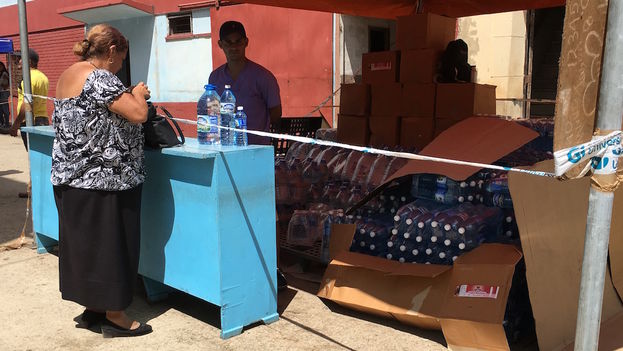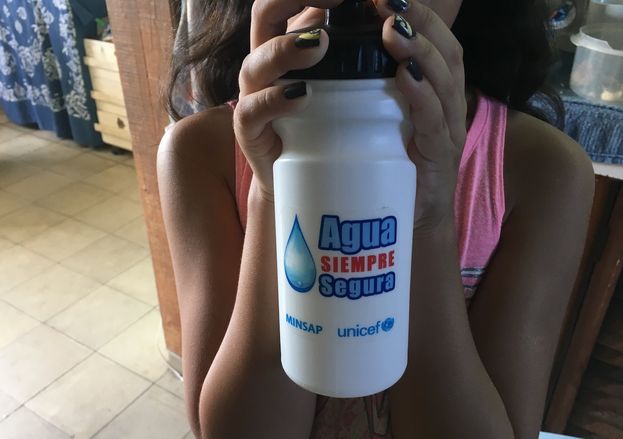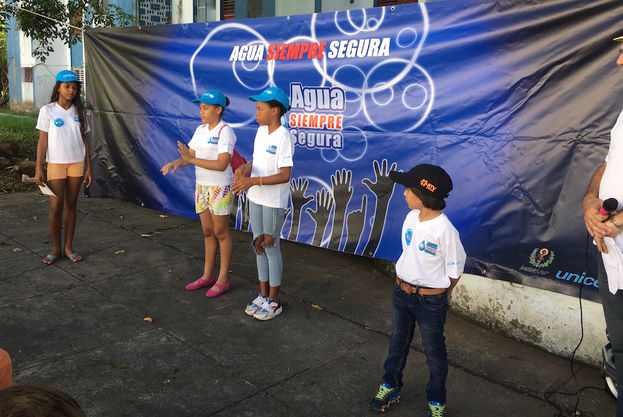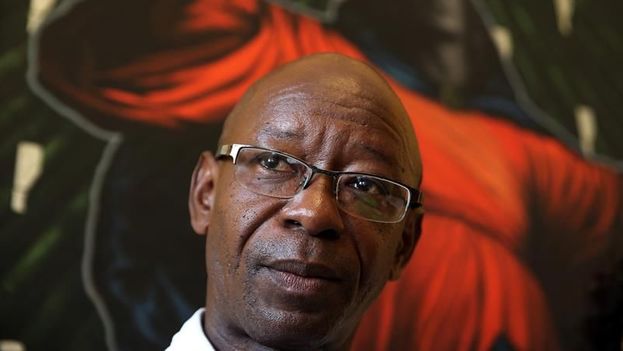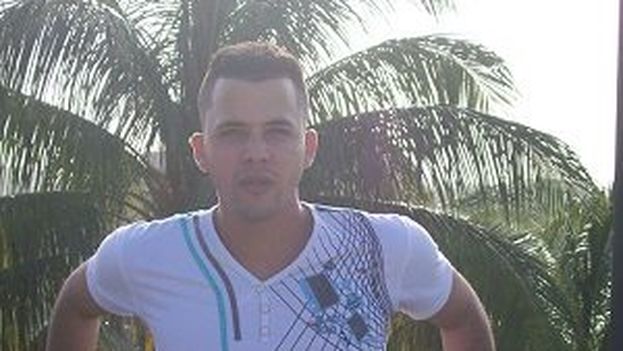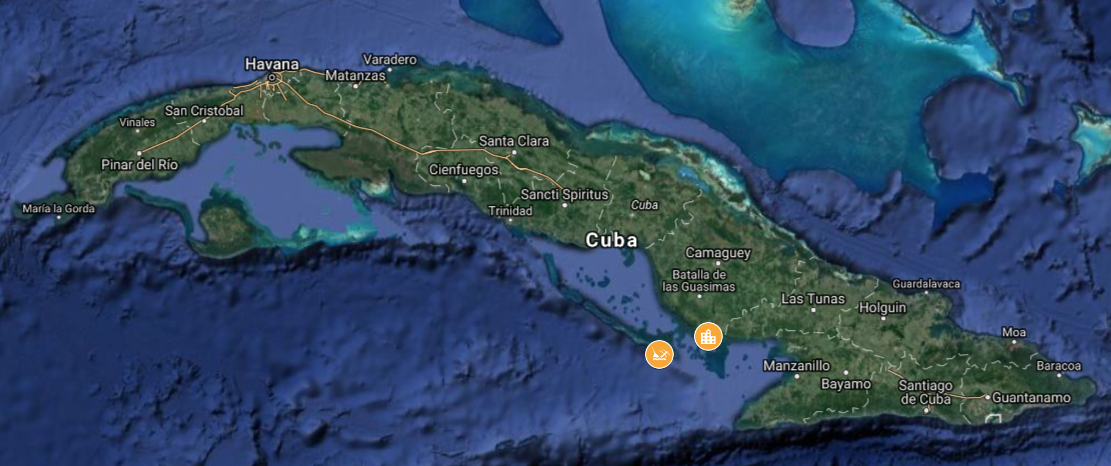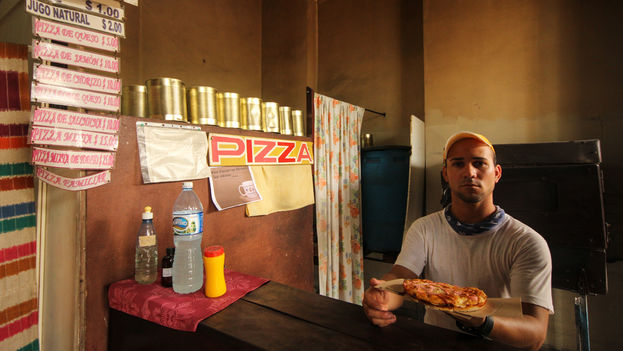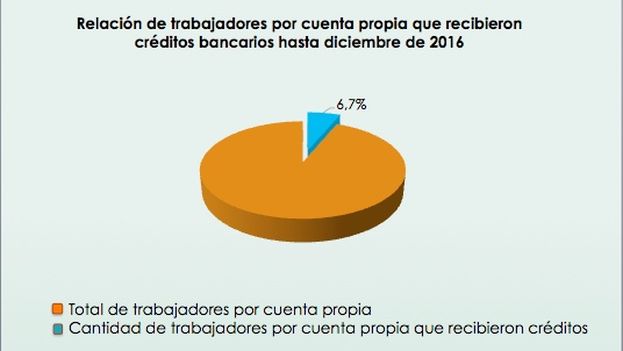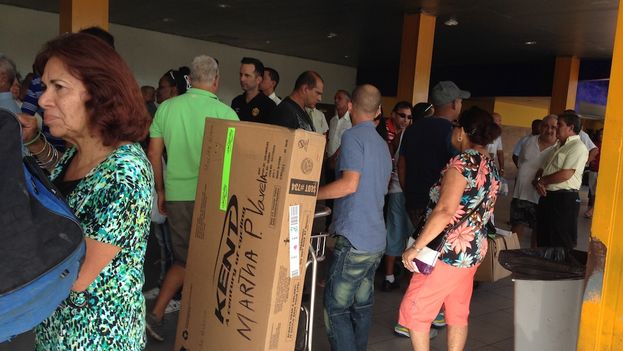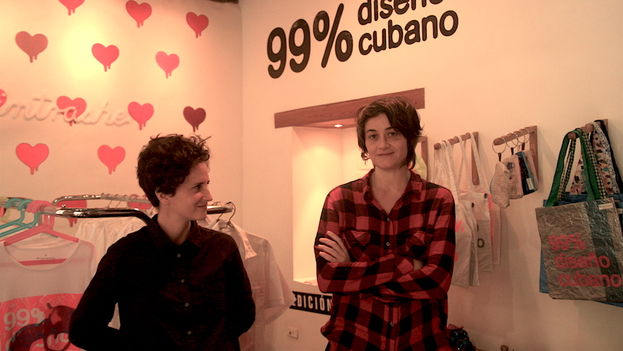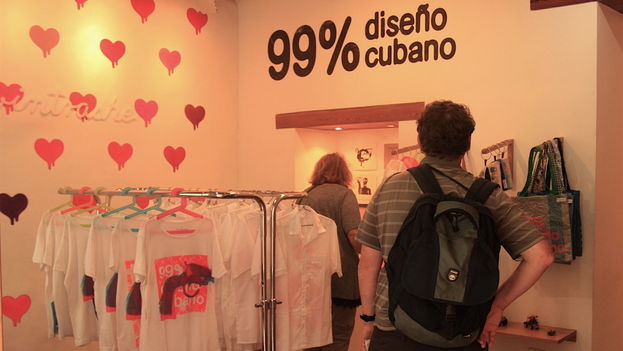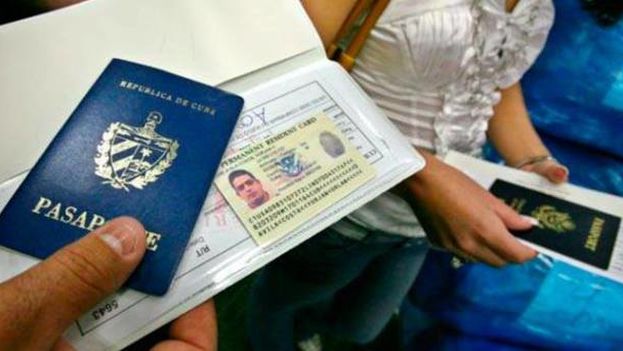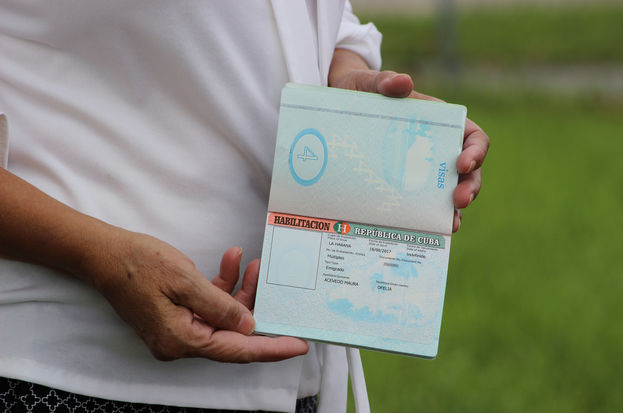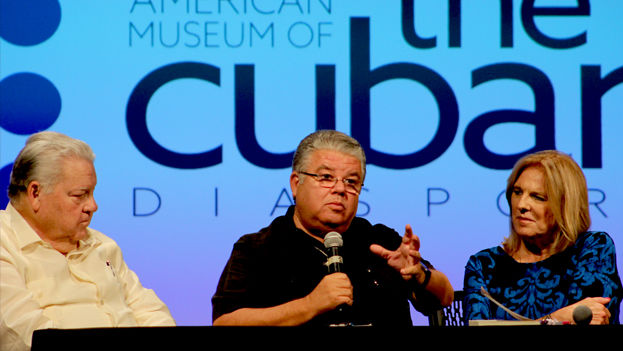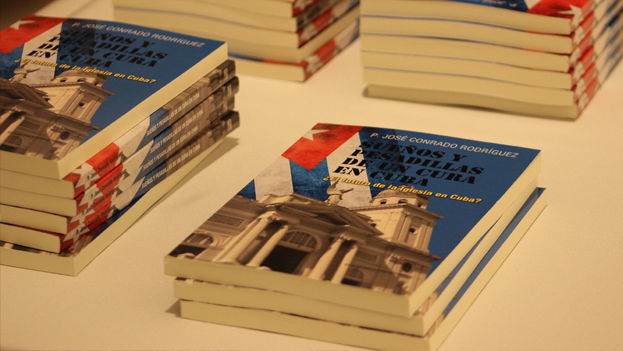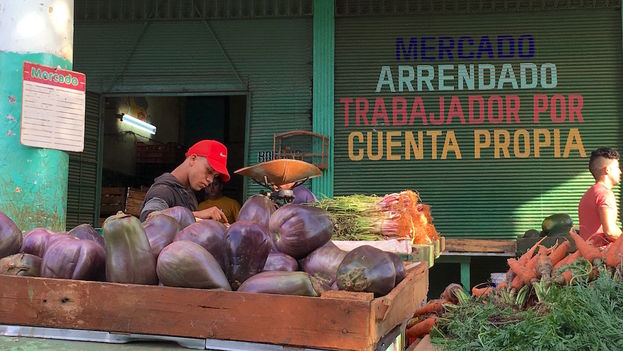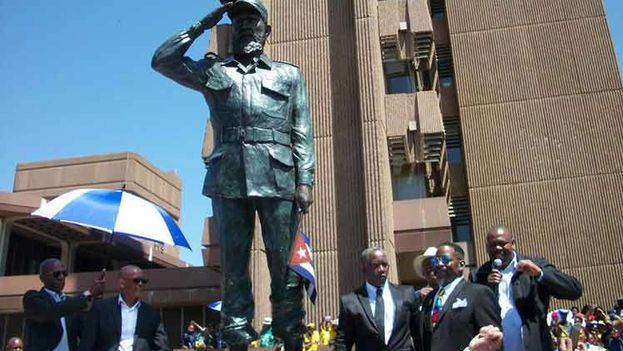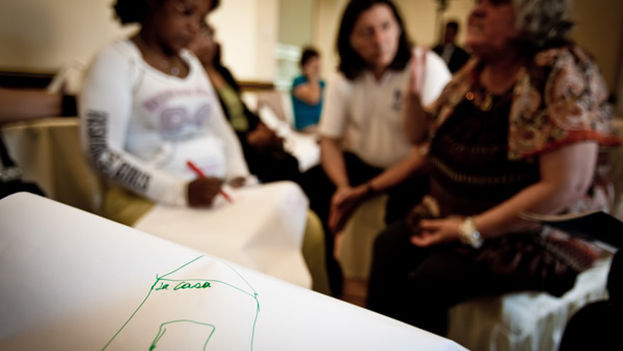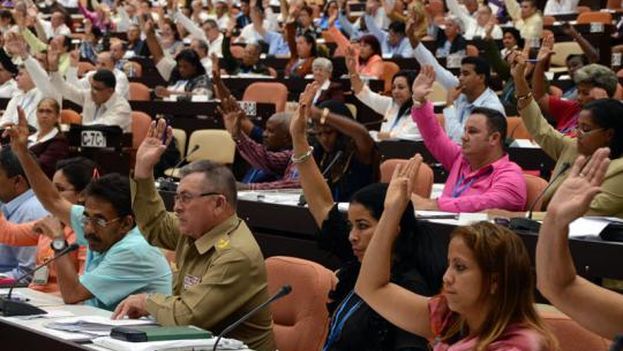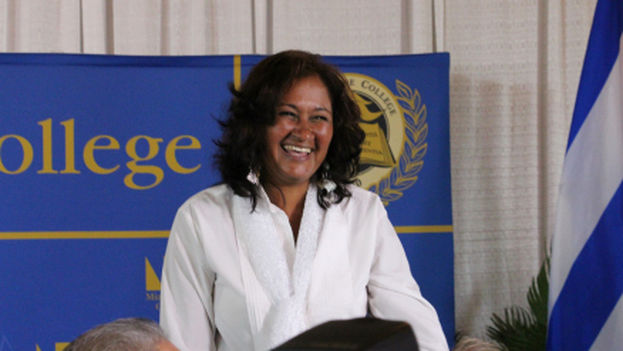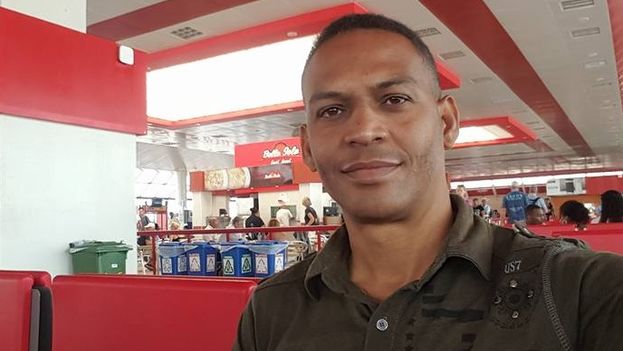
![]() 14ymedio, Ricardo Fernandez, Santiago de Cuba, 30 October 2017 — The evangelical pastor Alain Toledano feels that he has lived through 18 years of intense battle since he founded his own church in Santiago de Cuba, a congregation that has experienced a “rapid growth,” according to what he told 14ymedio.
14ymedio, Ricardo Fernandez, Santiago de Cuba, 30 October 2017 — The evangelical pastor Alain Toledano feels that he has lived through 18 years of intense battle since he founded his own church in Santiago de Cuba, a congregation that has experienced a “rapid growth,” according to what he told 14ymedio.
The high numbers attending the worship services “frightened the authorities” from the first day and then “the confrontations began,” the pastor maintains. In Cuba, among the denominations of greatest expansion in recent years are Pentecostals and Baptists. continue reading
Although official entities rarely give figures, international religious organizations estimate that on the island there are some 40,000 Methodists, 100,000 Baptists, and 120,000 members of the Assemblies of God. The latter had only about 10,000 faithful at the beginning of the 1990s.
In July 1999, Toledano left the Assemblies of God to create the Emmanuel Church. “We met in an apartment and the crowd blocked those who tried to climb the stairs of the building,” he recalls. The pressures of the authorities forced them to move the temple to a courtyard.
“There we did not bother anyone and even so police officers came to try keep us from meeting,” the pastor explains. He believes that from the beginning it was not a question of order and that all those pressures were part of “an attack against the Church.”
Between January and July 2016, more than 1,600 churches were subjected to religious persecution by Cuban authorities, according to Christian Solidarity Worldwide (CSW). The entity accused the government of Raúl Castro of attacking the temples “to strengthen control over the activities and composition of religious groups.”
The annual report on religious freedom, published in the middle of last year by the US State Department, indicated that the government of the Island “supervises religious groups” and “continues to control most aspects of religious life.”
The first direct attacks suffered by Toledano came from the Office of Religious Affairs of the Central Committee of the ruling Communist Party, led by Caridad Diego. “On several occasions they sent their officials to prohibit me from continuing to hold the services,” says the leader of Emmanuel Church.
Toledano, of the Apostolic Ministry Pathways of Justice, did not give into the pressures and State Security took action on the matter. “At first they did not attack me, rathered they offered to have me work for them,” he says. “They told me they needed a person of influence in religion inside and outside of Cuba.”
The offer included the legalization of the congregation in exchange for collaborating as an informant and opinion agent within the Pentecostals.
“Given my categorical refusal, they entered another phase and the eviction came,” the first of them in November 2007. Nine years later, while Toledano was traveling in Miami, the story was repeated and the police deployed a broad operation that included special forces.
On that day, more than 200 of the congregation faithful were arrested and the police demolished the place authorized for worship that the Toledano family had taken years to prepare.
The troops also made off with chairs, benches, musical instruments, a piano and more than a thousand legally purchased cement blocks with which the family planned to improve the conditions of the house and the temple.
“The objective was to leave us without resources and to pressure us to opt to emigrate,” the religious reflects. “No one who is persecuted in Cuba is exempt from passing that thought through his head,” he says, although in his case he has chosen to stay with the congregation.
In January 2016, Pastor Bernardo Quesada, of Camagüey, also saw how the political police assaulted his evangelical church, destroyed the structure in the courtyard where he met with his faithful and arrested him and his wife for several hours.
A year after those events, the pressures have not diminished for Toledano. “When we were preparing the celebration for 18 years of the ministry, on October 17, they arrested the host who lends us his patio to meet.” The man was threatened with eviction and his house demolished if he continued to offer the land to the congregation.
“It’s not the first time it has happened and we’ve had to move twice because of the pressure on the owners of the places where we meet,” says Toledano.
In May of this year, in the Abel Santamaría neighborhood in Santiago de Cuba,Toledano started a project to help with food for vagabonds and other marginalized people. “We are doing our bit in this country, in this society,” he told several independent media at the time.
“It is better to talk, because if we stay quiet they crush us,” explains the pastor, who has chosen the path of social networks to denounce the boycott of his congregation.

